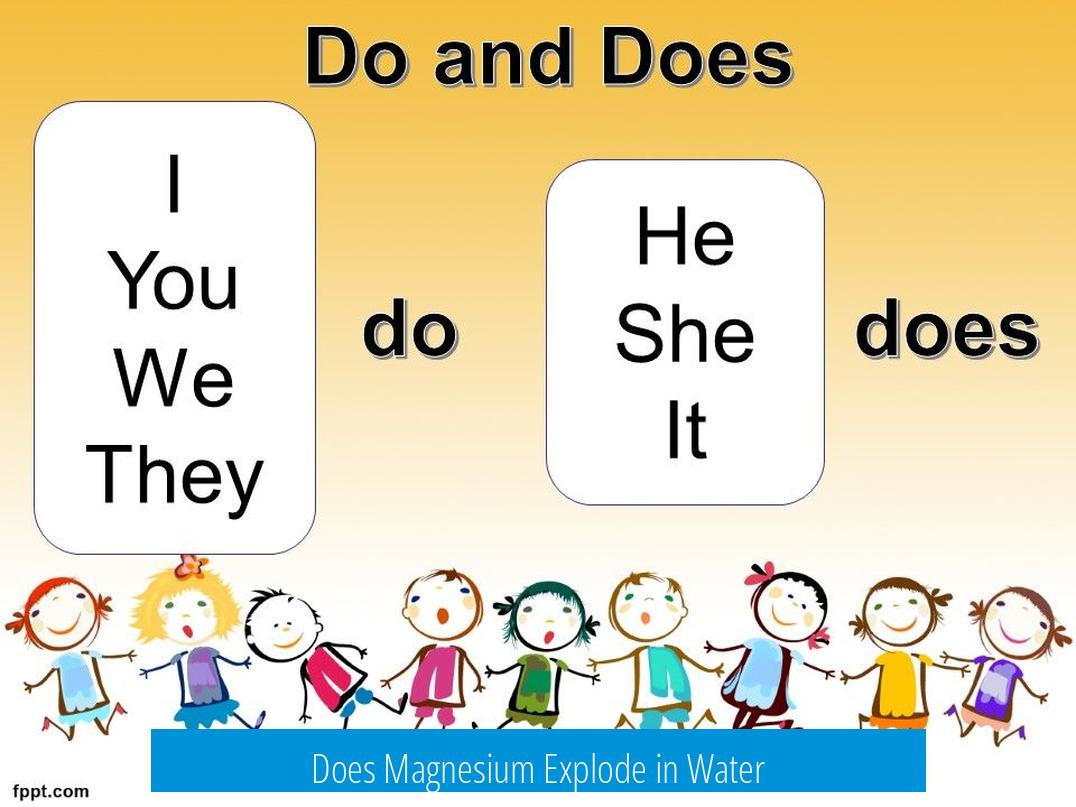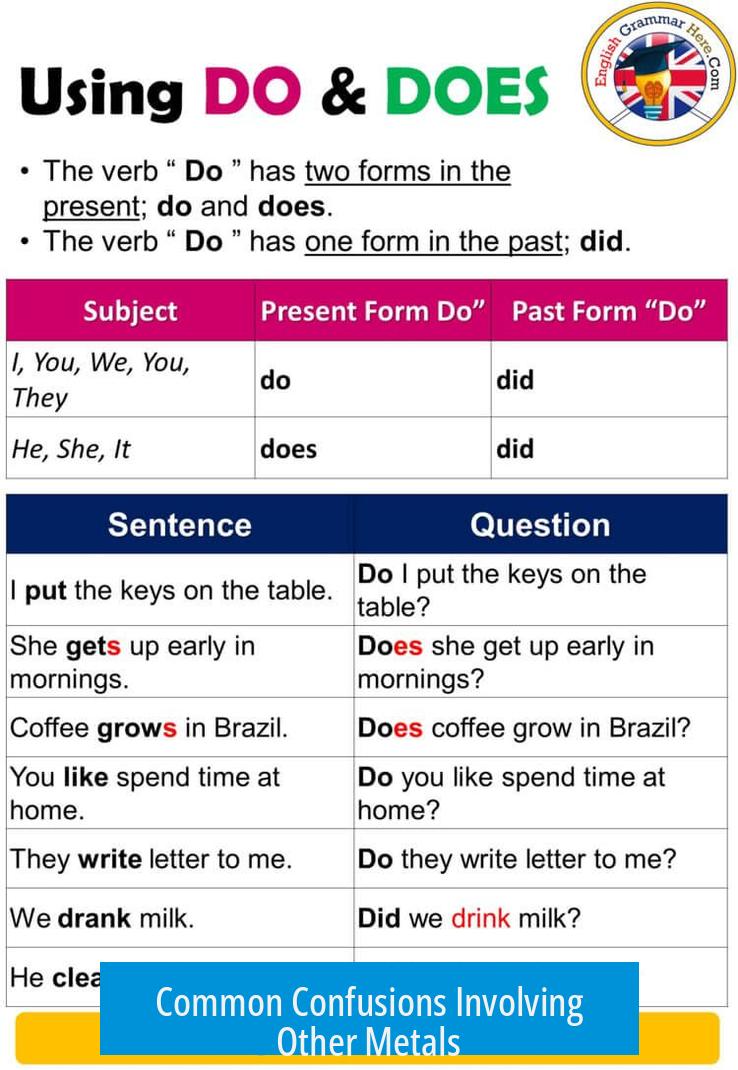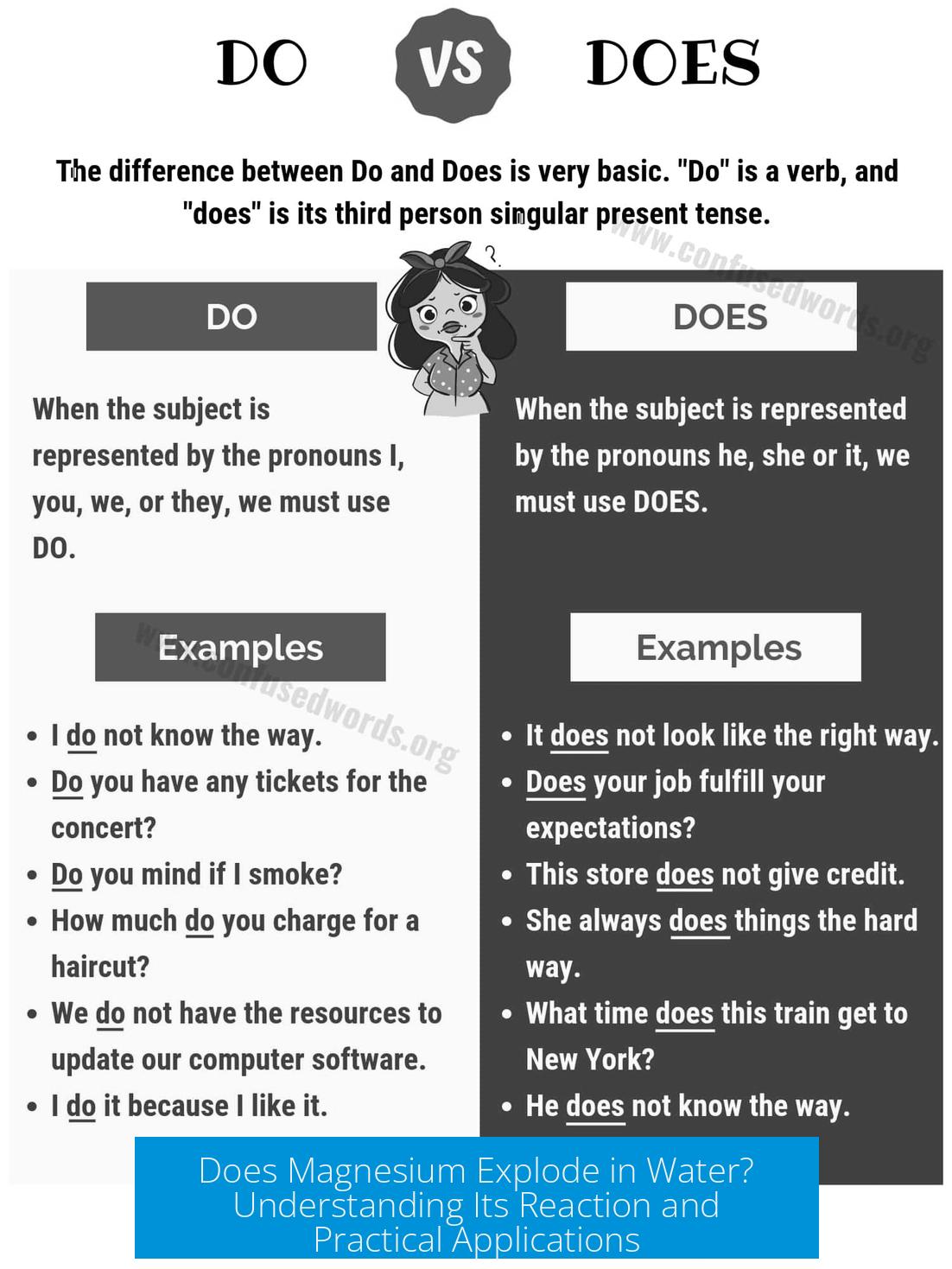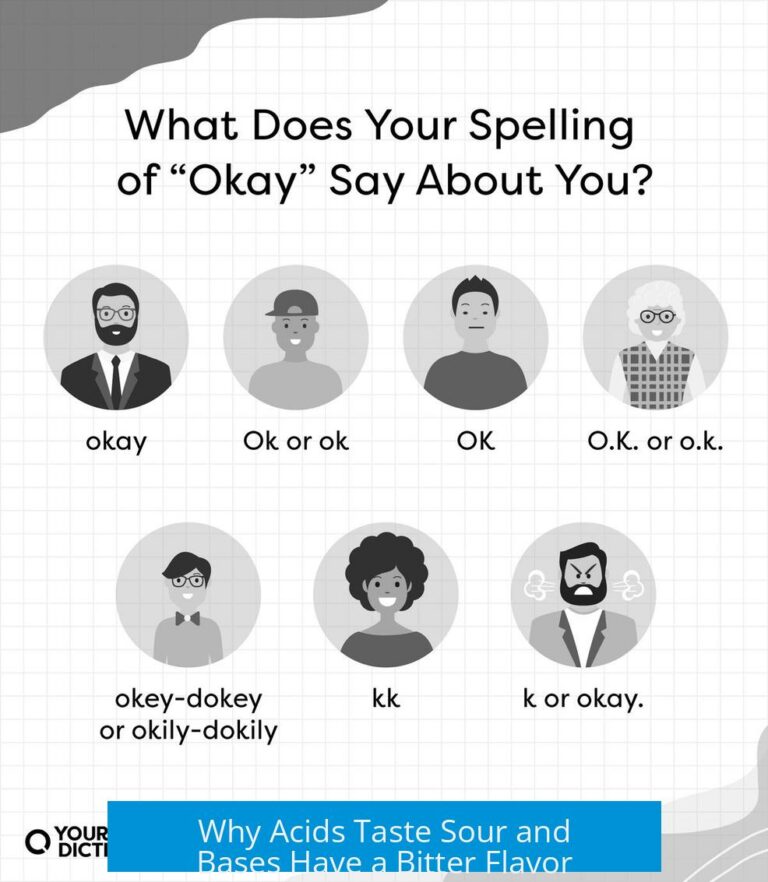Does Magnesium Explode in Water?

Magnesium does not explode in water under normal conditions. It reacts extremely slowly and does not produce a violent or explosive reaction. This slow reaction results from a protective oxide layer on the magnesium surface that shields it from water. While burning magnesium can react violently with water, pure or cold magnesium metal remains stable and does not explode.
Understanding Magnesium’s Reaction with Water
Magnesium’s interaction with water occurs at a very slow rate. Unlike alkali metals such as potassium or sodium, magnesium shows minimal reactivity in normal aqueous conditions.
- Magnesium’s reaction with cold water is negligible and unnoticeable on a short time scale.
- There is no sudden release of gas or heat that would indicate an explosion.
- This slow corrosion makes magnesium suitable for applications where it contacts water or bodily fluids.
This behavior contrasts with highly reactive metals such as potassium, which violently explode on contact with water due to rapid hydrogen gas generation and heat release.
Protective Magnesium Oxide Layer
Magnesium forms a thin, insoluble oxide layer (MgO) on its surface when exposed to air. This oxide layer plays a crucial role in preventing direct contact between magnesium metal and water.
- The oxide layer acts as a barrier to water molecules, slowing down corrosion.
- Even if scratched, the oxide reforms immediately, restoring protection.
- Without this oxide layer, magnesium can react more vigorously, sometimes showing pyrophoric (self-igniting) behavior when exposed to atmospheric moisture.
Thus, the stability of magnesium in water primarily depends on this oxide coating. The oxide’s insolubility in water prevents rapid consumption of the metal and explosive hydrogen evolution.
Common Confusions Involving Other Metals

Many people mistakenly attribute the violent water reactions of potassium and sodium to magnesium. Videos of burning magnesium reacting with water further contribute to this confusion.
- Sodium and Potassium: These alkali metals produce vigorous reactions with water, generating hydrogen gas and intense heat. Potassium even explodes on contact with water, which is well documented by dramatic videos and personal anecdotes.
- Burning Magnesium: When magnesium is already ignited, pouring water on it results in an explosive fireball due to rapid oxidation and hydrogen generation under high temperature conditions.
- Cold Magnesium: Cold metal magnesium, however, does not react explosively with water.
One typical school chemistry anecdote involves dumping potassium into water, causing a loud explosion. Magnesium cannot replicate this behavior unless heated to ignition.
Burning Magnesium Versus Cold Magnesium
Understanding the difference between burning and cold magnesium is vital to answer the explosion question correctly.
| Condition | Reaction with Water | Result |
|---|---|---|
| Cold Magnesium Metal | Extremely slow reaction with water | No explosion or violent reaction |
| Burning Magnesium | Reacts with water vigorously | Fireball and possible explosions due to intense heat and hydrogen gas |
Burning magnesium generates intense heat, enabling it to continue burning underwater by reducing water to hydrogen gas. The reaction between burning magnesium and water is vigorous but requires an already ignited state.
Practical Applications Reflecting Magnesium’s Stability
Magnesium’s slow and stable reaction with water allows its use in biomedical implants and devices. For example, magnesium-based coronary artery stents gradually degrade inside the bloodstream without causing violent reactions.
- Magnesium stents dissolve slowly in blood, indicating compatibility with aqueous environments.
- This biocompatibility arises due to the controlled corrosion resisted by magnesium’s oxide layer.
- Such applications demand non-explosive, stable metal behaviors in water-rich environments.
Hence, magnesium’s non-explosive nature with water is both a practical and scientific fact demonstrated by real-world medical device applications.
Summary of Key Points
- Magnesium does not explode in water under normal conditions.
- Its reaction with water is extremely slow due to a surface oxide layer.
- Burning magnesium can react violently with water, causing fireballs.
- Potassium and sodium, not magnesium, are the metals known to explode in water.
- Removal of the oxide layer exposes magnesium to more vigorous reactions but not typical household conditions.
- Magnesium’s slow corrosion allows safe usage in aqueous and biological applications.





Leave a Comment